Last updated on February 7th, 2025 at 04:58 pm
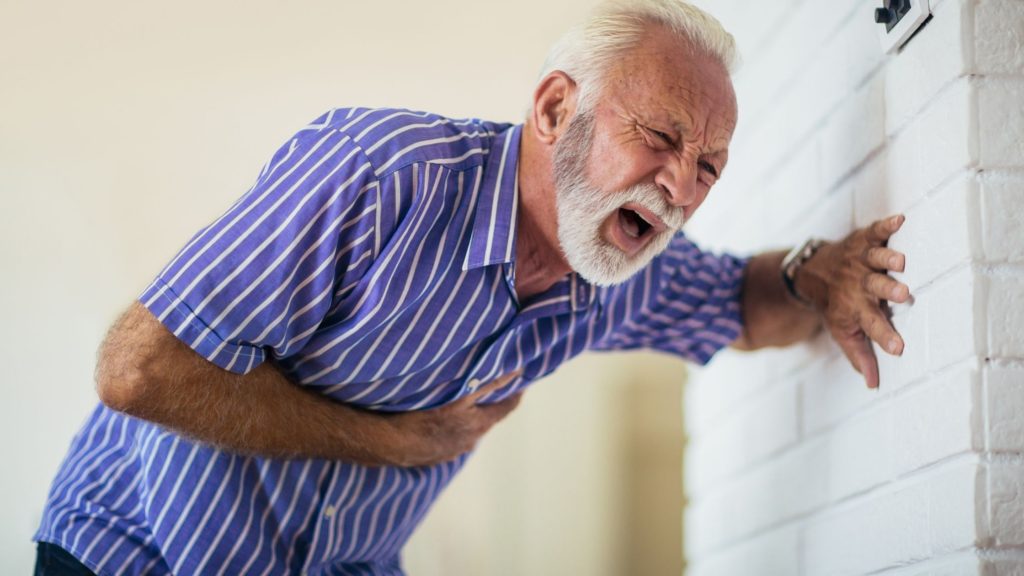
- Both stroke and cardiac arrest are serious medical emergencies that can be life-threatening.
- Although they may share some similarities, stroke and cardiac arrest are two distinct conditions with different causes, symptoms, and treatments.
- Understanding the differences between stroke and cardiac arrest is essential for timely and effective treatment.
Strokes and heart attacks are often confused with each other, but they are very different medical conditions. A stroke occurs due to a problem in the brain, while an anomaly inside the heart causes a heart attack.
In this article, we will discuss the differences between a stroke and a heart attack in detail, as well as the distinction between cardiac arrest and heart attack. Let’s get started.
What distinguishes a stroke from a heart attack
Before we go deeper into the differences between a stroke and a heart attack I have summarized the points in this table.
| Parameters | Stroke | Cardiac Arrest |
| Location | Problem in the brain | Heart suddenly stops beating |
| Cause | Caused by interrupted blood flow | Occurs due to an underlying cause |
| Relationship to heart conditions | Types: Ischemic, Hemorrhagic | Can result from a heart attack |
| Notable Symptoms | Symptoms: Numbness, paralysis, confusion, difficulty speaking | Symptoms: Sudden collapse, unconsciousness |
| Emergency Treatment Approach | Treatment: Clot removal, surgery | Requires immediate CPR and defibrillation |
| Associated Risk Factors | Risk factors: High blood pressure, high cholesterol, obesity, diabetes | Risk factors: Smoking, high blood pressure, high blood cholesterol, obesity, diabetes |
1) What is heart attack?

As with any other tissues in our body, the muscles of the heart also need blood supply for survival. For this, there is a network of arteries and veins around the heart.
In a heart attack sufferer, the artery that carries blood and nutrition to the heart’s muscles gets blocked, which could be for various reasons.
Because of this blockage, that portion of the heart becomes weak, or if that blockage is prolonged, then that part of the heart may become dead. Because of this, the heart stops pumping or becomes weaker and weaker to pump the blood ultimately resulting in a heart attack.
Interesting fact: Which is second heart of human body and why?
2) What is stroke
A stroke is a condition in which the oxygen supply to the brain is reduced when the blood supply to the brain is interrupted. It is a brain emergency, not a heart problem.
Stroke is the second leading cause of death globally. It affects roughly 13.7 million people and kills around 5.5 million annually1.
There are two main types:
Ischemic Stroke
Ischemic strokes arise from blood clots that block the blood supply to certain parts of the brain. The lack of blood supply results in the death of brain cells.
Approximately 87% of strokes are ischemic stroke1.
- Caused by blood clots blocking blood flow to part of the brain
- The blocked blood flow causes brain cells to die
Hemorrhagic Stroke
Hemorrhagic strokes occur due to bleeding in the brain caused by ruptured blood vessels. 6.5% to 19.6% of all strokes worldwide are attributed to hemorrhagic stroke2.
- Hemorrhagic stroke is caused by bleeding in the brain.
- This happens when blood vessels in the brain burst.
Common Stroke Symptoms
Before going to common symptoms, you must also learn the early signs of the stroke so that you can recognise it early and you can save the lives of your loved ones.
You can remember the early sign by remembering the term F.A.S.T. In this term, you have to look for signs of weakness in F=Face, A=Arm, S=Speech, T=Treatment. To learn more deeply about these signs, I highly recommend reading this article: “Winter can be fatal for High BP. Three warning signs of a stroke days before“
In addition to this, watch for these sudden changes:
- Severe headache
- Numbness or weakness in parts of the body
- Confusion
- Difficulty speaking or understanding others
- Loss of balance
- Vision changes
3) Treatment
Stroke treatment
The treatment of stroke varies depending on the type of stroke a person has experienced. In ischemic stroke, doctors may try to remove the blood clot or administer a medication called TPA if the stroke is caught early.
In hemorrhagic stroke, controlling the bleeding is the key.
While stroke survivors may experience symptoms for the rest of their lives, they tend to improve over time. Smoking, high blood pressure, high blood cholesterol, obesity, and type 2 diabetes are some of the common risk factors associated with stroke.
Treatment of heart attack
According to the American Heart Association, these are common medical procedures following a heart attack:
- Angioplasty
- Heart valve surgery
- Atherectomy
- Bypass surgery
- Stent procedure
4) Common Risk Factors for stroke and heart attack
- Smoking
- High blood pressure
- High cholesterol
- Obesity
- Type 2 diabetes
Keep Reading:
- How to read ECG: Step-by-step guide
- Heart Attack: Better prediction with New Artificial Intelligence enabled tool
The author is a physiotherapist who has been practising for the last 17 years. He holds a Bachelor's in Physiotherapy (BPT) from SVNIRTAR (Swami Vivekananda National Institute of Rehabilitation and Research), one of the prestigious physiotherapy schools in India.
Whatever he learns dealing with his patient, he shares it with the world through blogs and e-books. He also owns a YouTube channel, "Sunit Physiotherapist" with over 8 lakh active subscribers. Here, he shares everything he gets to learn serving the patient.

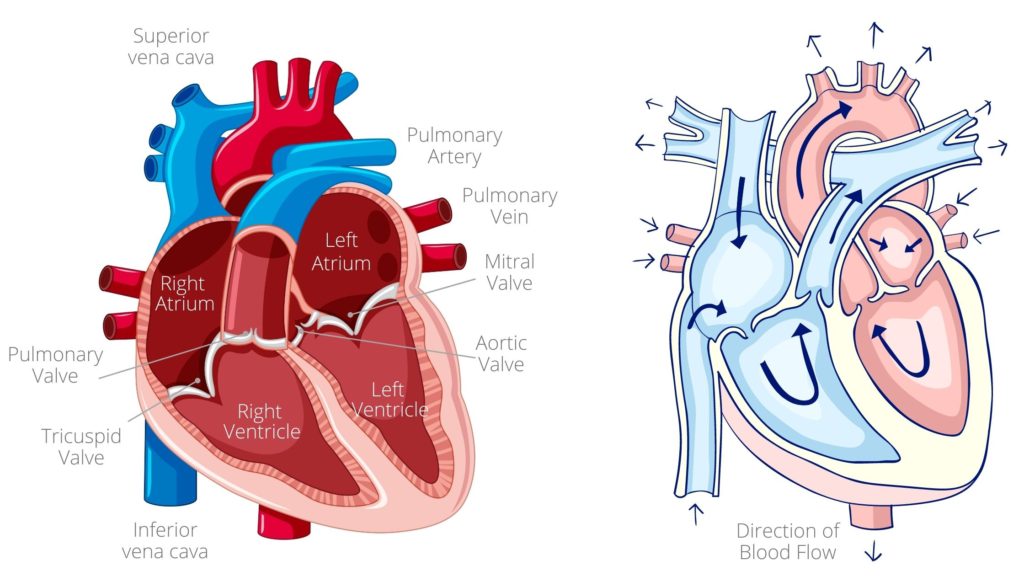

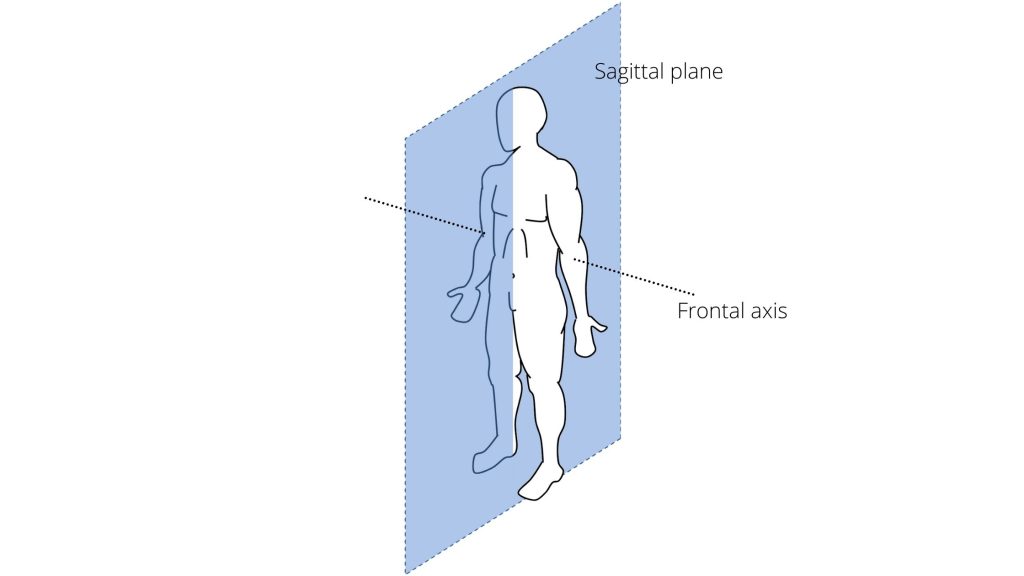
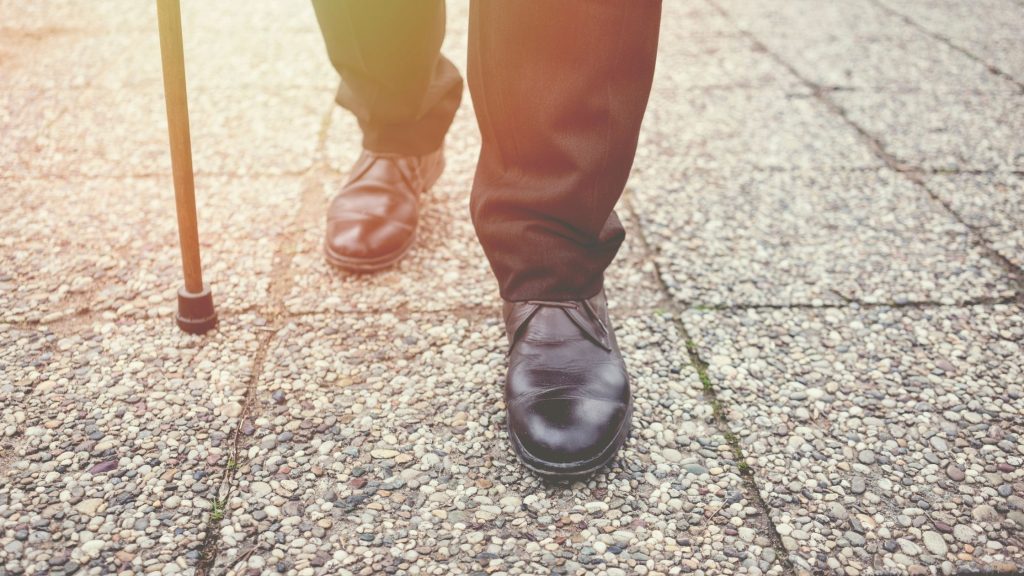
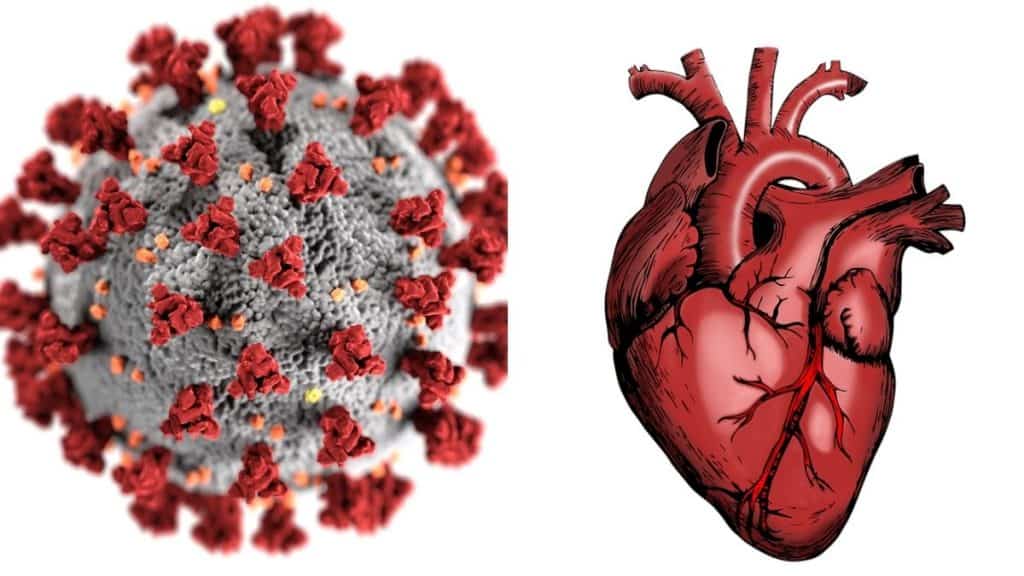
Pingback: Cardiac cycle explained: cardiac cycle phases, ECG, graph - Physiosunit
Such a great blog! Thank you for this information, I appreciate your effort, please keep us update.